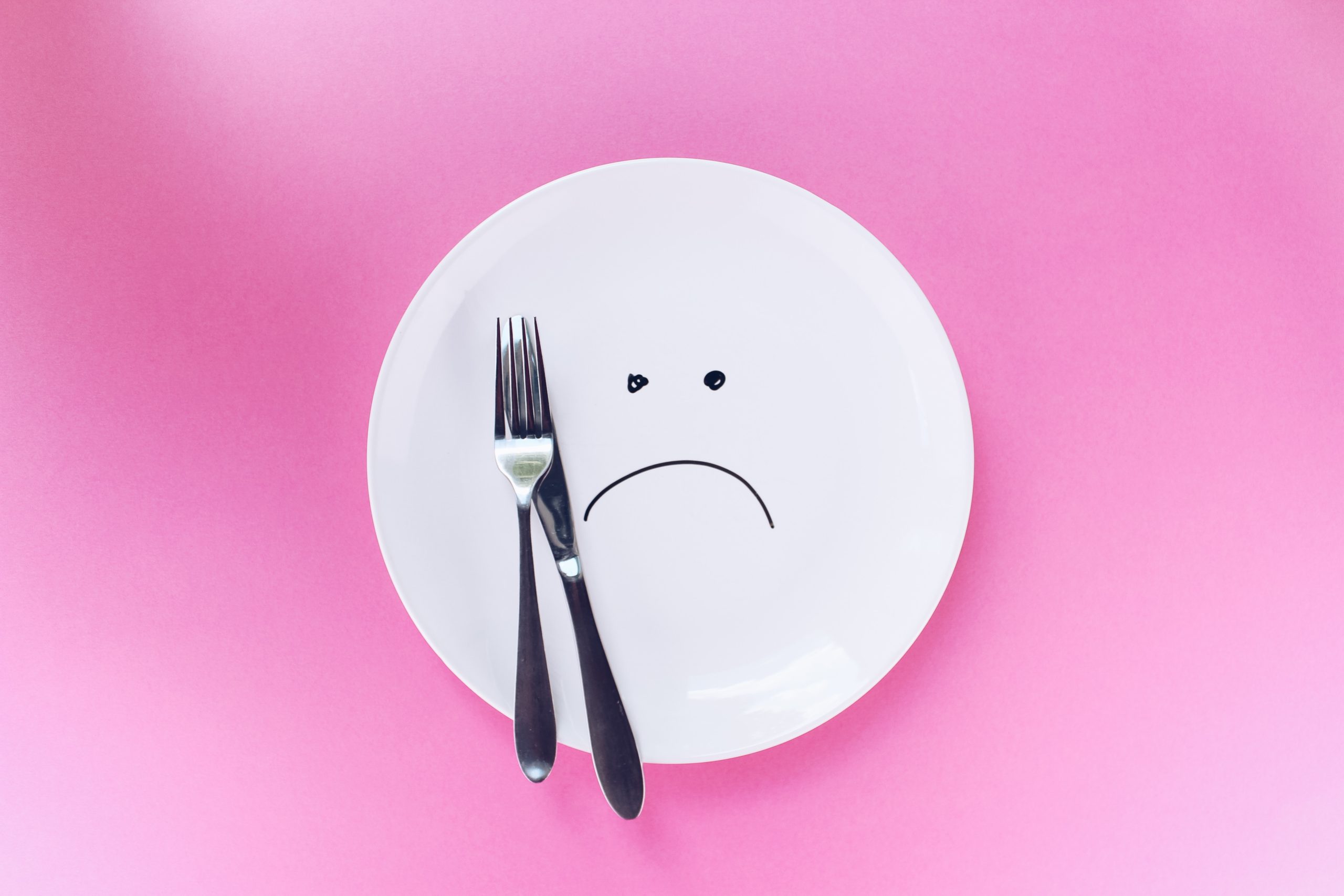There are always fad diets coming and going, each with the promise of solving our dietary problems. The emphasis placed on weight loss is at an unparalleled high, pressuring people to find ways to drop pounds quick. According to a report from the Centers for Disease Control and Prevention, from 2013 to 2016 around 38% of Americans aged 16 to 19 said they had attempted to lose weight in the last year. About a quarter of adolescents said the same thing a decade ago, showing the increase in weight loss attempts.
However, recent years have seen the introduction of the wellness movement, which focuses on body positivity and holistic health. This seemingly provides people with healthier ways to approach weight loss and other health concerns. Yet even with the garnered popularity of wellness culture, the message it holds of self-empowerment seems to be lost in translation when looking at some of the diets it promotes.
Though the wellness movement prides itself on balance, holistic eating and self-care, it does not come without fad diets. These fad diets are re-categorizing themselves as “healthy,” in association with the wellness movement. But, in reality, many of these diets are part of the weight-loss industries’ recent rebranding into the wellness movement.
Phrases such as “thin,” “diet” and “weight loss” have taken on a more negative meaning, now viewed as fueling body shaming, something so pervasive in our society. Popular diets and regiments such as the ketogenic diet, intermittent fasting and juice cleanses no longer promote weight loss, but instead promote “strength,” “fitness” and “self-care.” But are these practices truly healthy? A deeper look into the diets shows that underneath the positive and encouraging premise lies the continuous ideology of weight loss as achieving a higher status.
These diets turn healthy, intuitive eating to a restrictive practice; for example, the Keto diet involves eating less than 50 grams of carbohydrates a day, which is less than four slices of bread, to achieve a state of ketosis in which your body burns fat instead of carbs. Yet very low carb diets tend to have numerous many effects, including constipation and headaches. The diet’s requirements force people to cut out many healthy foods such as grains, beans and certain fruits, making it difficult to meet one’s micronutrient needs.
Juice cleanses work similarly, “detoxing” our bodies and limiting caloric intake. According to Sharon Horesh Bergquist, MD, assistant professor of medicine at the Emory School of Medicine, “The reality is that your body is a detoxification machine, fully built with its own elaborate way of ridding toxins and unwanted chemicals.”
Diets low in calories can leave you feeling weak and may negatively affect your metabolism if done for too long. “Without adequate protein and calorie intake, your body may switch to breaking down muscle for energy,” Dr. Bergquist says. “Over time, that can slow your metabolism.”
These are just a few instances where people restrict themselves in the name of health. Headaches, malnourishment and fatigue often plague people who adopt these so-called “wellness practices.” But, it is clear that many of these practices are diets in disguise, with characteristics of restrictive dieting, stripping the enjoyable and nourishing aspect of eating so that certain foods are demonized and health becomes a harmful obsession.
For instance, orthorexia nervosa, a term coined in 1998 is an obsession with ‘healthy’ eating, turning a seemingly beneficial pursuit of a healthy lifestyle into a dangerous obsession. People dealing with orthorexia may constantly check nutritional information, stop eating certain foods they see as ‘unhealthy’, and engage in overexercising. It can be even more difficult to recognize and treat orthorexia as people who develop it may not realize that their eating habits are actually harmful. Although not yet recognized in the Diagnostic and Statistical Manual, it is on the rise and exemplifies how the fixation on ‘healthy eating’ can actually damage a person’s well-being. One 2017 study published in the peer-reviewed journal Eating and Weight Disorders found that around 71% of college students showed behaviors symptomatic of orthorexia.
While many aspects of the wellness industry do promote self-care and healthy practices, it is important to note that many fad diets associated with wellness are actually adverse to our health. The myriad of wellness practices creates confusing messages that continue to promote the ideals of diet culture.
The best way to combat the onslaught of fad diets and a culture obsessed with thinness is to continuously ask yourself, “What is best for me?” If you want to truly adopt health supportive behaviors, be generous and kind to your body.
- The Rebranding of Diet Culture - January 28, 2020

